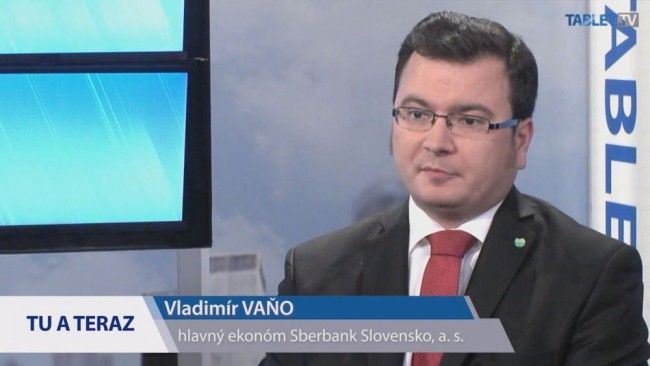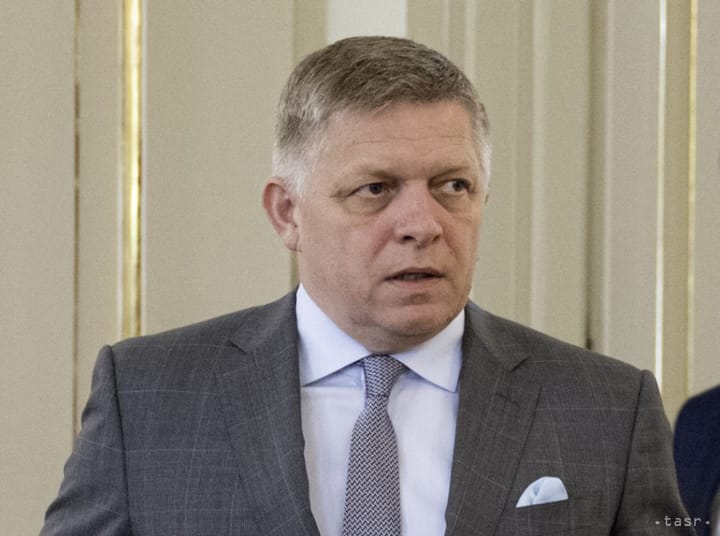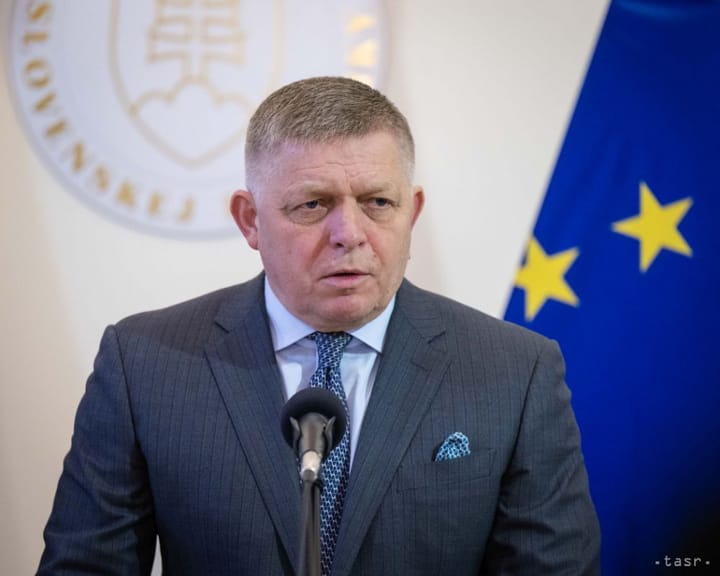Vano: Debt Brake in Place to Avoid Draconian Cuts in Hard Times

Bratislava, January 19 (TASR) – The debt brake currently in place will enable Slovakia to be spared painful cuts during a future crisis, said Sberbank Europe chief economist Vladimir Vano on a discussion programme on TABLET.TV on Thursday.
“We need more investments, but the question to consider is whether they should be bankrolled by savings made in common expenditures of the state budget. A case in point – expenditures in 2006 were much lower than they’re projected to be in 2017, while it can be said that the range of services provided by the state has remained unchanged,” said Vano.
The debt crisis has exposed a greater deal of vulnerability among smaller countries to market turmoil or an economic downturn. A smaller economy such as Slovakia’s is better off sticking to fiscally prudent policies instead of being prodigal, said Vano.
“The debt brake is set to make sure that in times of need Slovakia won’t need to resort to extreme and much more painful measures and won’t be reliant on external aid. The debt brake makes it obligatory to be frugal in spending so that draconian and painful measures aren’t needed during hard times,” said the economist.
Slovakia gradually faces sanctions when its public debt tops 50 percent of the country’s GDP – it stood at 52 percent of GDP last year. If it reached 60 percent, the Government would face a vote of confidence in Parliament.
According to Vano, the latter level is still considered manageable without the country facing problems, said Vano. At any rate, the way in which individual levels are arranged into levels makes sure that it isn’t very likely that the 60-percent level will ever be reached. “The measures and sanctions are sufficient to ensure that a government does everything within the realms of possibility to avoid the worst-case scenario for the country,” said Vano.



